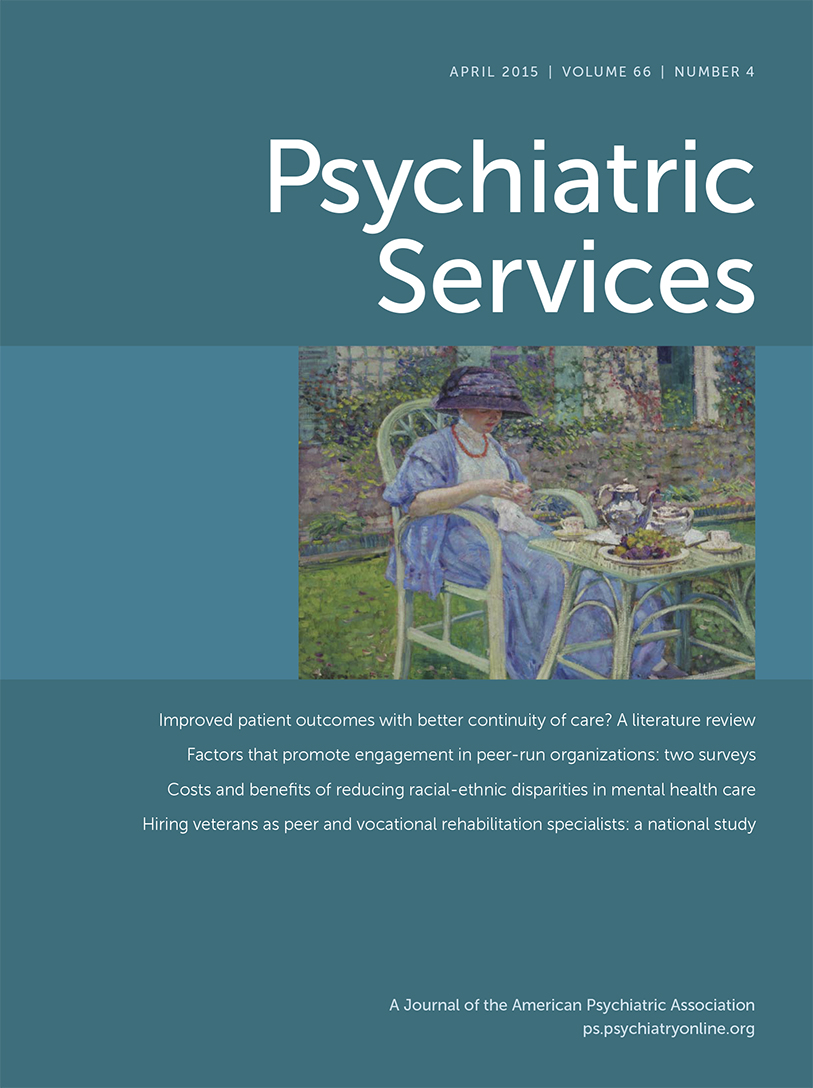The Costs and Benefits of Reducing Racial-Ethnic Disparities in Mental Health Care
Abstract
Objective:
Previous studies have found that timely mental health treatment can result in savings in both mental health and general medical care expenditures. This study examined whether reducing racial-ethnic disparities in mental health care offsets costs of care.
Methods:
Data were from a subsample of 6,206 individuals with probable mental illness from the 2004–2010 Medical Expenditure Panel Survey (MEPS). First, disparities in mental health treatment were analyzed. Second, two-year panel data were used to determine the offset of year 1 mental health outpatient and pharmacy treatment on year 2 mental and general medical expenditures. Third, savings were estimated by combining results from steps 1 and 2.
Results:
Compared with whites, blacks and Latinos with year 1 outpatient mental health care spent less on inpatient and emergency general medical care in year 2. Latinos receiving mental health care in year 1 spent less than others on inpatient general medical care in year 2. Latinos taking psychotropic drugs in year 1 showed reductions in inpatient general medical care. Reducing racial-ethnic disparities in mental health care and in psychotropic drug use led to savings in acute medical care expenditures.
Conclusions:
Savings in acute care expenditures resulting from eliminating disparities in racial-ethnic mental health care access were greater than costs in some but not all areas of acute mental health and general medical care. For blacks and Latinos, the potential savings from eliminating disparities in inpatient general medical expenditures are substantial (as much as $1 billion nationwide), suggesting that financial and equity considerations can be aligned when planning disparity reduction programs.




